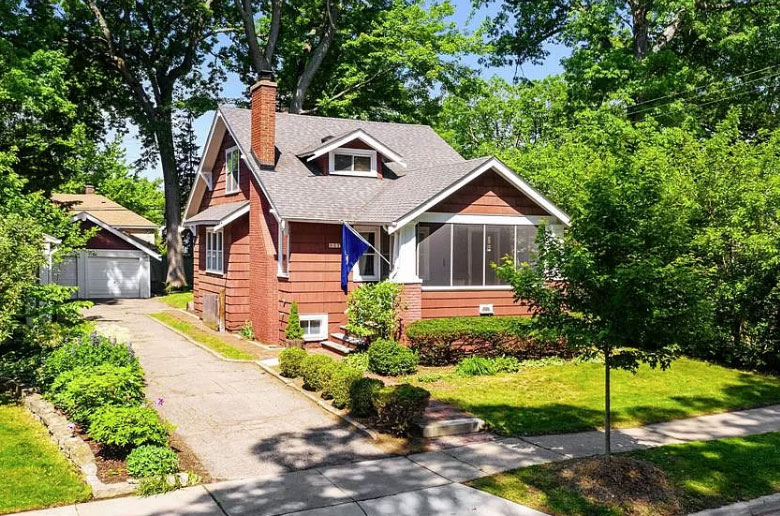
Everyone dreams of owning a home one day, as it’s the ultimate financial security and stability milestone. You’ll have a place to call your own, decorate it according to your taste, and you’ll never have to worry about eviction. You can live there for as long as you like and even pass it down to future generations. Still, if you’re an aspiring first-time home buyer, then you’re likely aware of the steep preparations that go into preparing to buy your dream property.
Saving up for a house can feel like an impossible task when you’re working with an average salary. However, with a few tips and strategies, you’ll be ready to talk to a mortgage broker about applying for your first home loan. Here are seven tips to follow that will help you save money for a house:
Tips Before Buying a House in Michigan
- Conduct Lots of Research. When saving up for your first house, the first thing you should do is to know how much your ideal property costs. Whether you want to stay in the same area or move across the state, browse through sites like Zillow or Trulia to know the average price per square foot in a particular area.
- Check Government Loan Qualifications. The US government insures some home loans with lower down payments than conventional loans and a better interest rate. These are incredibly beneficial for first-time home buyers, as these loans also cater to those with lower credit scores. You can choose from three government-backed mortgages. The Federal Housing Administration or FHA mortgage asks for a 3.5 percent down payment and 580 credit score. You can qualify with a credit score as low as 500, but you will have to pay a 10 percent down payment. The Veterans Affair or VA mortgage is for military affiliations and does not require a down payment. Lastly, the United States Department of Agriculture or USDA mortgage offers mortgages for low-to-moderate-income earners purchasing a property in a rural area. There is no down payment required.
- Choose Your Down Payment Amount. However, if you decide on a conventional mortgage, it’s best to make a 20 percent down payment to avoid paying more money each month for private mortgage insurance (PMI). PMI can cost 0.3 to 1.2 percent of the loan’s principal balance, which can quickly add up. Still, 20 percent is expensive for many people, as most millennial homebuyers pay an average of 7.8 percent of the home’s purchase price due to income restraints.
- Factor in Estimated Closing Costs. Many upfront costs go into purchasing a home, including the closing costs. These include the appraisal fees, home inspection costs, homeowners insurance, property taxes, and other fees you’ll need to cover, which all depend on the kind of home and loan you’re getting.
- Establish Your Ideal Timeline. Once you’ve found your ideal home and researched its cost, establish your ideal timeline. Whether you want to buy in the next year or ten, it’s essential to have a goal purchase date to help you break down your savings goals and put you on the path to homeownership.
- Identify Your Monthly Savings Amount. After establishing your goal purchase date, work backward to identify your savings rate. For instance, if you want to buy a $500,000 home in ten years and you want to pay a 20 percent down payment, you’ll have to save $100,000 plus around $10,000 to cover closing costs. You’ll then have to find a way to split your paycheck to save about $1,833 a month, which would be easier if you allocate your bonuses and tax refunds to this.
- Open a High-Yield Savings Account. Lastly, open a high-yield savings account to jumpstart your savings fund. It offers higher interest rates than a checking or traditional savings account, allowing it to grow while keeping it safe and easy to access. Then, set up automatic transfers so that you’ll have to put in less effort when adding money to your savings account.
Apply For a Mortgage at Mortgage City
Conclusion
Buying a house is an exciting process and one of the ultimate definitions of success and financial stability. However, it takes a lot of careful planning to make sure each step is successfully done. By following these tips, you’ll have an easier time saving money to buy your first home. Mortgage City is a licensed mortgage broker in Michigan, Florida, New Hampshire, and Ohio that can connect you to various loans, like USDA, FHA, conventional, VA, and jumbo. Schedule a free consultation with us today by calling (248) 930-8709!






